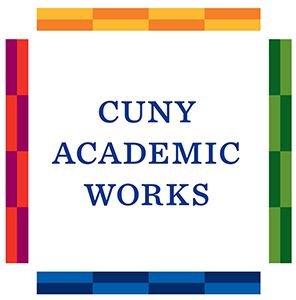
Welcome to the July 2023 edition of QC Research Highlights!
This month, as always, we’re featuring some recent faculty publications. While this series doesn’t always feature a theme, this month, we have some articles related to community support and cultural relevance. Please enjoy, and thanks as always to the authors!
All the works featured in this series are available to read and download for free from CUNY Academic Works.
Grace Pai (Elementary and Early Childhood Education), in her article “Creating a Culturally Relevant Statistics Assignment on z-scores,” stresses that cultural relevance, if it is to be more than a mere buzzword, must be based on a specific understanding of the students in question. She describes the process of creating a culturally relevant statistics assignment, which starts by approaching the subject matter as a meaningful way to address problems that the students care about. In this case, students used statistics to interpret the response to a question about safety on the 2017 NYC School Survey, in the wake of a recent killing in a New York City school. Students worked with survey responses describing how safe the respondents felt, clearly connecting the statistical analysis they were doing to the process of decision-making. Further, this work led to a conversation about school safety in which students considered how they could be agents of change. Pai provides thoughtful pedagogical recommendations for developing similar assignments.
The article “Development and Modification of a Culturally Tailored Education Program to Prevent Breast Cancer in Korean Immigrant Women in New York City,” was a collaborative effort by several authors, including Sung Eun Choi (Fitness, Nutrition, and Exercise Science) as well as Jin Young Seo (Hunter College), So-Hyun Park (Hunter College), Minkyung Lee (Santa Clara Valley Medical Center), and Shiela M. Strauss (Hunter College, New York University). To address the rising rates of breast cancer among Korean-American women and the underutilization of healthcare services among that population, the authors developed the Korean Breast Cancer Risk Reduction Program, a community-based and culturally-tailored educational program. They did a pilot study at Korean Community Services of Metropolitan New York, which is in Queens. They worked with participants on changing their diets and increasing physical activity; additionally, they created brochures and offered free trainings. The participants responded positively and made suggestions to improve the cultural relevance of the program (for instance, by developing meal suggestions compatible with a traditional Korean diet).
The article “Expanding the Conceptualization of Support in Low-Wage Carework: The Case of Home Care Aides and Client Death” has many authors; one of them is QC’s Sherry Baron (Barry Commoner Center for Health and the Environment). The other authors are Emma K. Tsui (CUNY Graduate School of Public Health & Health Policy), Marita LaMonica (CUNY Graduate School of Public Heath & Health Policy), Maryam Hyder (Barnard College), Paul Landsbergis (SUNY School of Public Health), and Jennifer Zelnick (Touro College). The authors of the study interviewed home healthcare workers in New York City about the support structures they access to deal with client death. Agencies offered some forms of support via coordinators, training programs, other types of programmatic support, and the union. However, this support was often inadequate and not all workers knew they could access it. Instead, many relied on personal support from family and friends or their religious communities, or blended support from co-workers or the deceased’s family and friends. Blended support, however, was often discouraged by the agencies for privacy reasons and to maintain boundaries. The authors propose a model of work stress that takes these different types of support into account. Further, they point out that healthcare workers are very often women from marginalized communities, thus, they may be seeking support from communities that are already strained. The authors have some recommendations for worker- and community-focused solutions.
This is one of a series of blog posts featuring faculty publications in CUNY Academic Works. Academic Works is a service of the CUNY Libraries dedicated to collecting and providing access to the research, scholarship, and creative and pedagogical work of the City University of New York. In service to CUNY’s mission as a public university, content in Academic Works is freely available to all.
If you would like to share your research in Academic Works, please see this guide to Academic Works, or contact Nancy.Foasberg@qc.cuny.edu.
Share Post:
